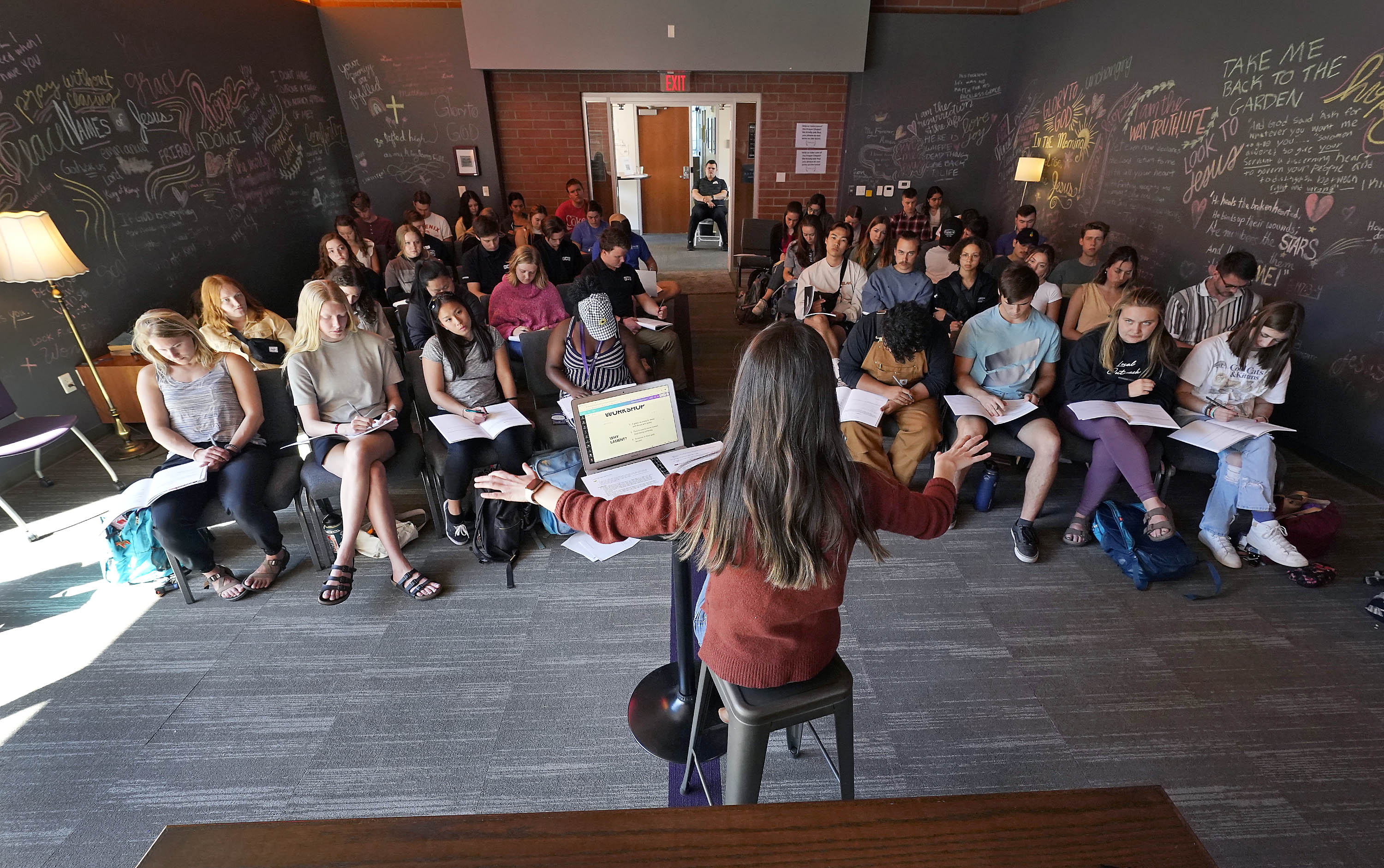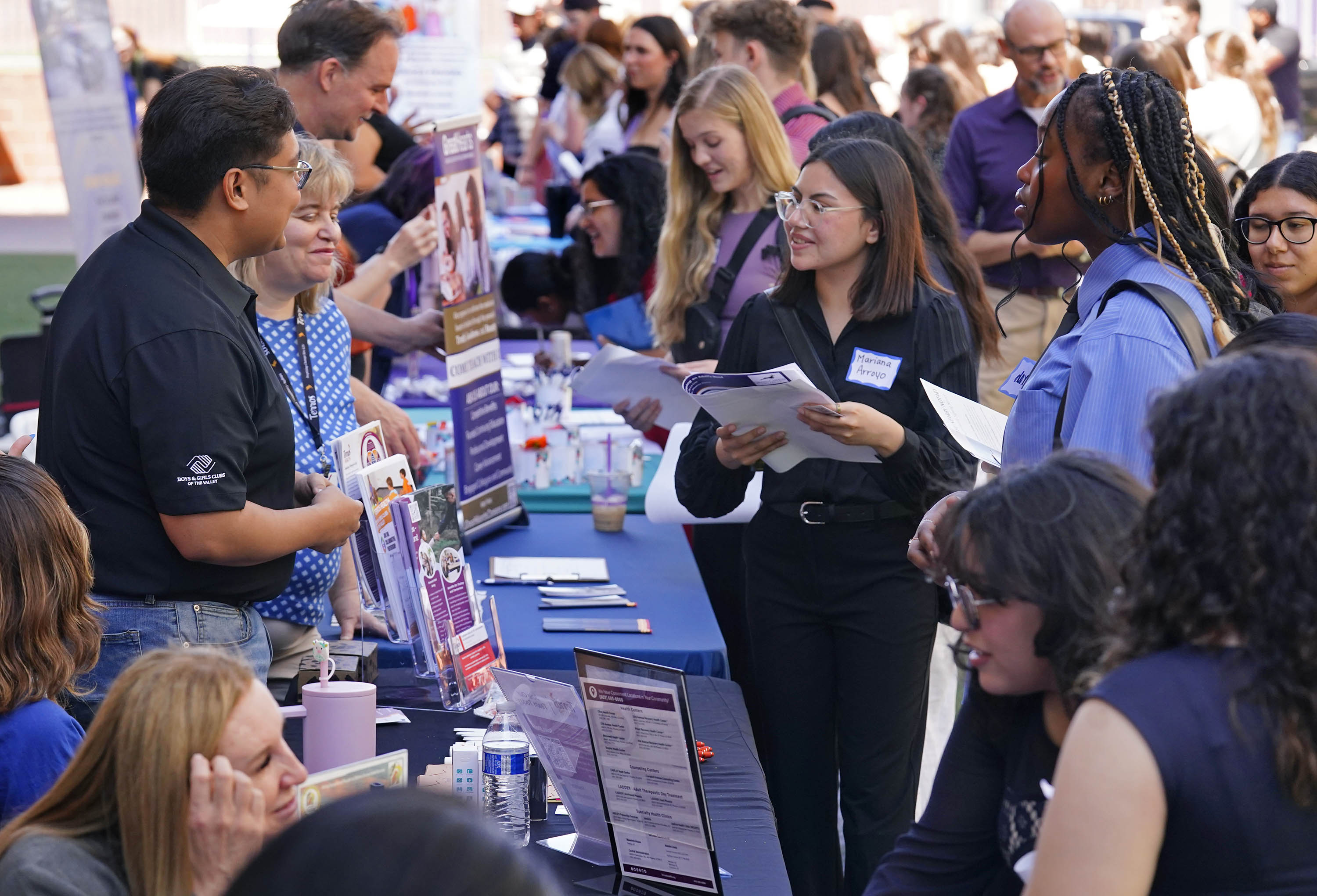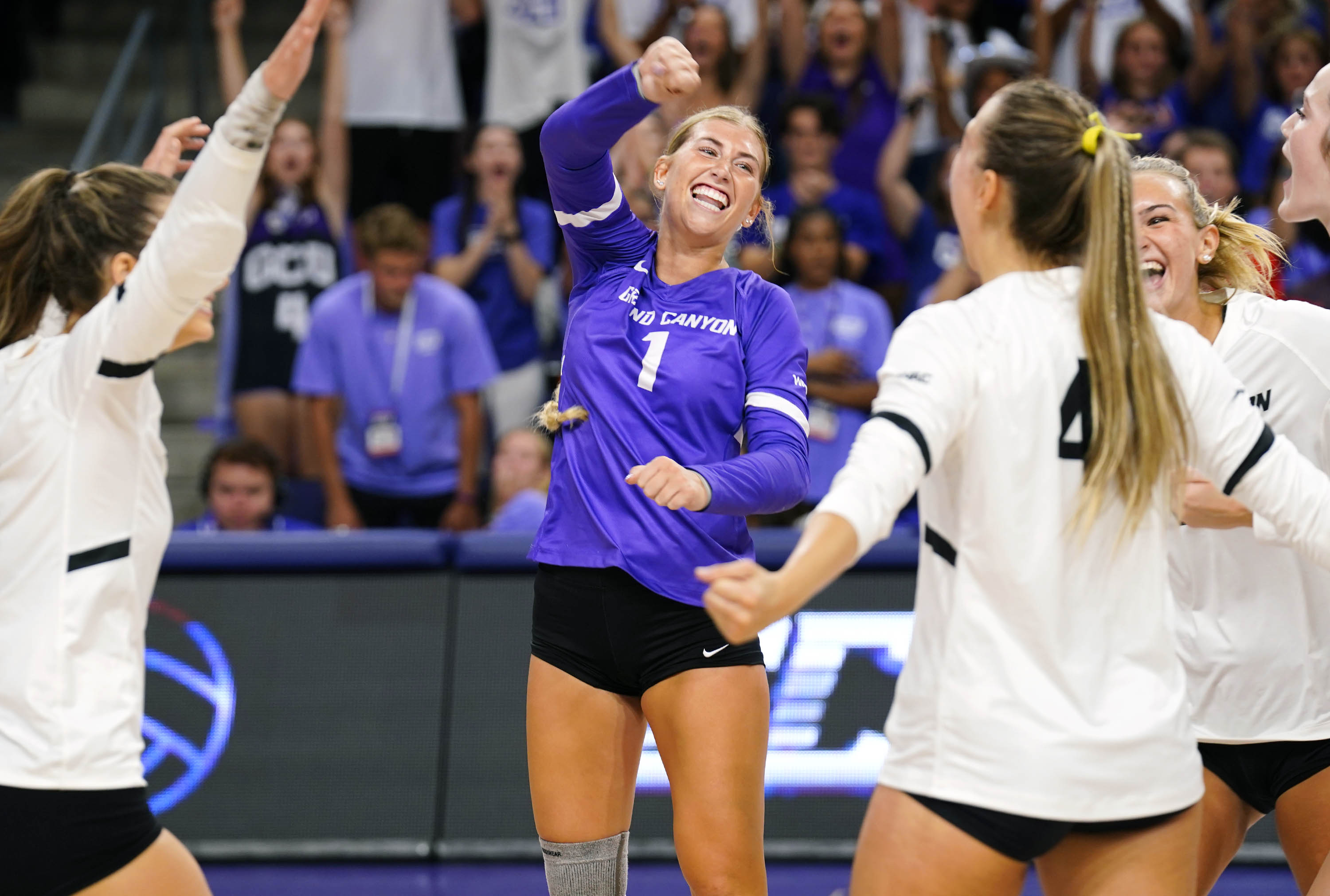
By Connie Colbert
Director, Canyon Health and Wellness Clinic
Millions have quit smoking, vaping or using e-cigarettes, and you can quit, too. Given many of the country’s Smoke-Free Initiatives and our current circumstances surrounding COVID-19, there is no better time – even if you've thought about quitting before, tried to quit or successfully quit in the past and started again.
Remember, if at first you don't succeed, quit, quit again!
Tobacco use is the most common preventable cause of death. According to medlineplus.com, “About half of the people who don't quit smoking will die of smoking-related problems. Quitting smoking is important for your health.”
Physical benefits from quitting, from the American Cancer Society:
20 minutes after quitting
Your heart rate and blood pressure drop.
12 hours after quitting
The carbon monoxide level in your blood drops to normal.
2 weeks to 3 months after quitting
Your circulation improves and your lung function increases.
1 to 9 months after quitting
Coughing and shortness of breath decrease; cilia (tiny hair-like structures that move mucus out of the lungs) start to regain normal function in the lungs, increasing the ability to handle mucus, clean the lungs and reduce the risk of infection.
1 year after quitting
The excess risk of coronary heart disease is half that of a continuing smokers.
2-5 years after quitting
Risk of cancer of the mouth, throat, esophagus and bladder are cut in half. Cervical cancer risk falls to that of a non-smoker. Stroke risk can fall to that of a non-smoker.
10 years after quitting
The risk of dying from lung cancer is about half that of a person who is still smoking. The risk of cancer of the larynx (voice box) and pancreas decreases.
15 years after quitting
The risk of coronary heart disease is that of a non-smokers.
These are just a few of the benefits of quitting smoking for good. Quitting smoking lowers the risk of diabetes, lets blood vessels work better and helps the heart and lungs. Quitting while you are younger will reduce your health risks more, but quitting at any age can give back years of life that would be lost by continuing to smoke.
Quitting smoking improves circulation, increases oxygen levels and lowers inflammation — all of which give your immune system a boost, making it easier to fight off colds, infections and other illnesses.
I realize quitting is not easy. You may have short-term effects such as weight gain, irritability and anxiety. Some people try several times before they succeed.
There are many ways to quit smoking. Some people stop “cold turkey.” Others benefit from step-by-step manuals, counseling, or medicines or products that help reduce nicotine addiction.
Some people think that switching to e-cigarettes can help you quit smoking, but that has not been proved and can lead to additional health problems and stronger nicotine addiction. Your health care provider can help you find the best way for you to quit.
Don’t wait another day! Quit today. Your body will thank you!
There are many resources and support for you. Here are a few to get you started. For free!




























